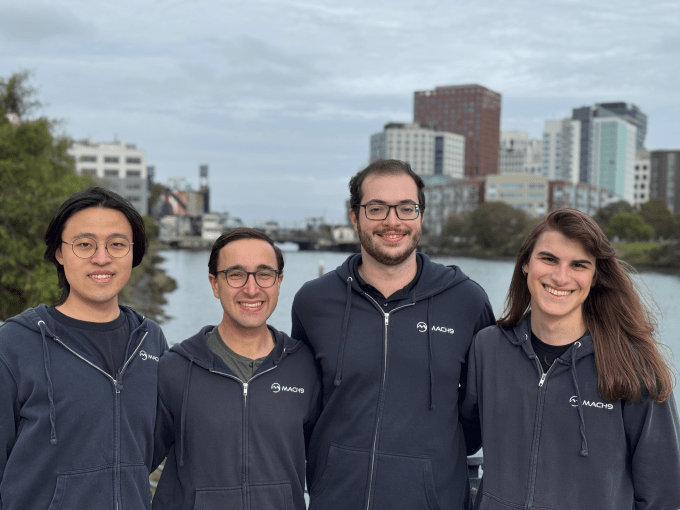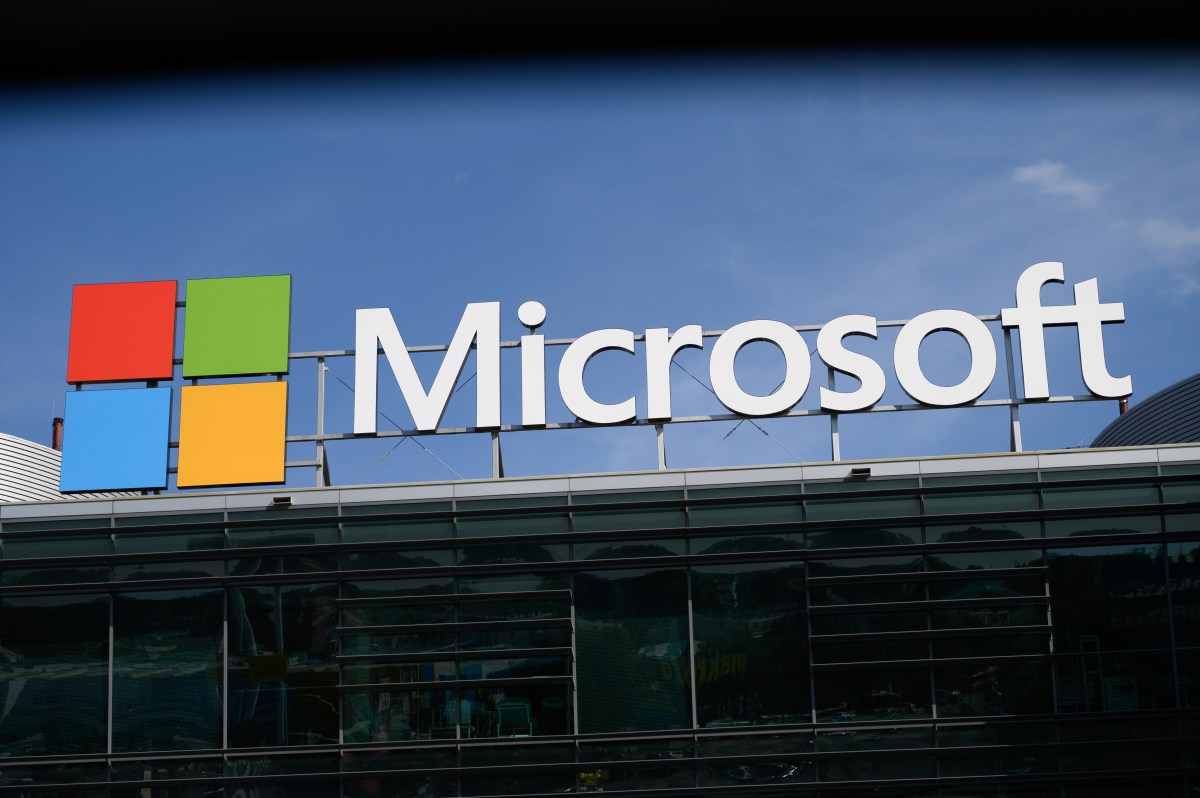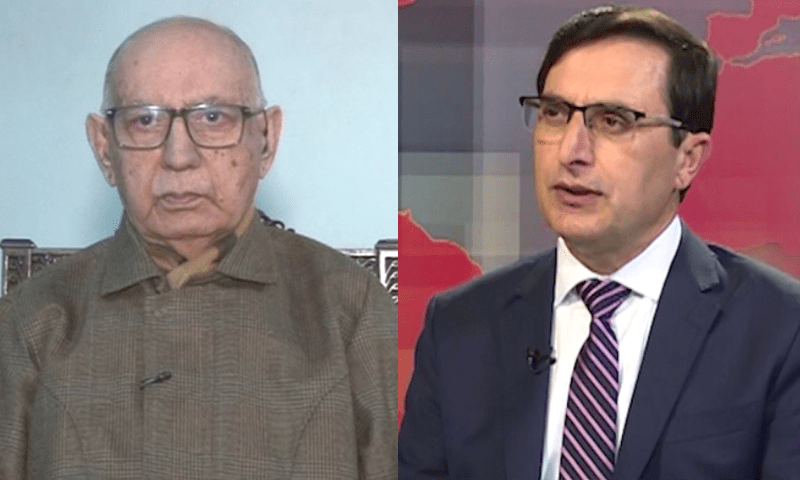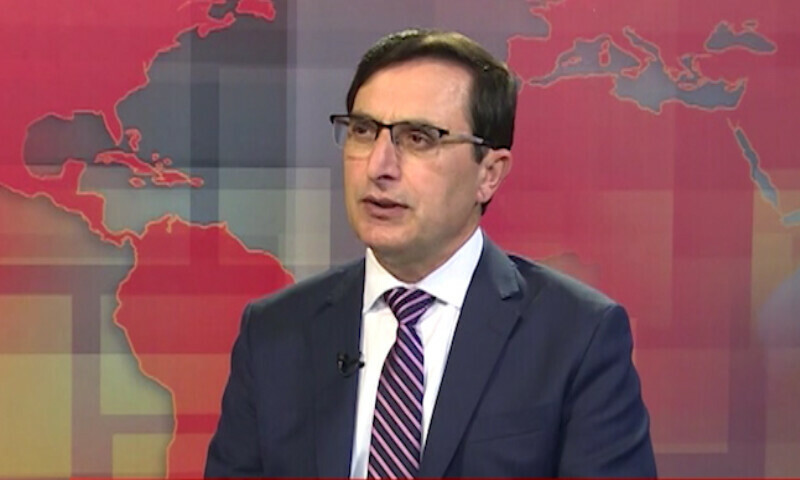Clean water, safe roads, accessible broadband and electricity: These things are not a given. They depend on vast infrastructure networks that need to be constantly maintained and improved in order to function. America is failing badly on this front. In its latest report card, the American Society of Civil Engineers gave the country’s aging infrastructure a dismal C-.
According to Mach9, a startup founded in 2021, part of the solution is in furnishing infrastructure providers with better information about the physical world. The company is using AI to convert mobile lidar (light detection and ranging, a type of imaging technology) scans into 2D and 3D engineering models at a fraction of the cost and time than standard processes. This means that utility companies, engineering firms, construction companies, and others can make timely progress on massive infrastructure projects, know where to direct capital for upgrades, or just better understand the assets under their stewardship.
The company’s flagship product, Digital Surveyor, can also automatically identify over 20 features, like utility poles, traffic signals, and road signs. The status quo is that these features are manually identified by human operators. Mach9’s customers include some major infrastructure providers and engineering service companies in the U.S. and Canada, like Michael Baker International, POWER Engineers, Langan, and Fibersmith.
Alexander Baikovitz, Mach9 co-founder and CEO, said he got into this space while at Carnegie Mellon University. As a robotics student researcher, he worked on infrastructure projects like decontaminating legacy nuclear facilities for the U.S. Department of Energy, and he realized that “a lot of the robotics problems that we were solving were actually hardcore survey and mapping problems.” Which is to say, infrastructure projects are often halted from the beginning — even armed with the best robots to venture into radiation-filled facilities like the Hanford Nuclear Site in Washington state — if you don’t have robust data on where things are and the state they’re in.
“A lot of owners and operators of infrastructure have been seeing problems like aging and deterioration, extreme weather. Infrastructure is just changing so, so fast these days, and the way that we can continue to stay on top of a lot of these big challenges is with better data and better maps in the first place,” he said.
Mach9 originally pursued a hardware play; the aim was to develop mobile mapping systems and collect the geospatial data themselves by putting lidar and imaging payloads on top of vehicles. The company was accepted to Y Combinator’s Summer 2021 cohort and raised $2.5 million later that year. But many OEMs are already building great equipment to generate maps, and after talking to customers, Baikovitz said the company realized that the bigger problem was how to turn all all that mapping data into insights.
“Most people take for granted/don’t realize how hard it is to keep infrastructure up to date with the changing world,” he said. That’s where Digital Surveyor comes in.

Today, Mach9 is selling the Digital Surveyor software to engineering consultants, public and private infrastructure owners, and operators to help them turn this data into insights: to identify every utility pole within a utility company’s massive network, for example. In many instances, it takes a person two to four days per map mile to identify all the features; with Digital Surveyor, it takes less than 10 minutes a mile for a human to review and validate the software’s labels.
Digital Surveyor can not just identify features but provide more detailed information about them. Baikovitz walked me through a product demo and showed how Digital Surveyor can not only identify a utility pole but quickly tell me the angle at which that utility pole is leaning. This capability is critical for situations where people need information really quickly, Baikovitz said, like after an extreme weather event.
The company recently closed a $12 million seed round led by Quiet Capital, with participation from new and existing investors including Overmatch Ventures, Cruise founder Kyle Vogt, former Autodesk CEO Omar Hanspal, Adobe CPO Scott Belsky, and former DoorDash executive Gokul Rajaram. The company plans to grow its 14-person team and build out the software, including adding more identifiable objects. The aim is to scale from being able to automatically identify around 20 different features today to “hundreds and thousands” in the future, Baikovitz said.





Leave a Reply